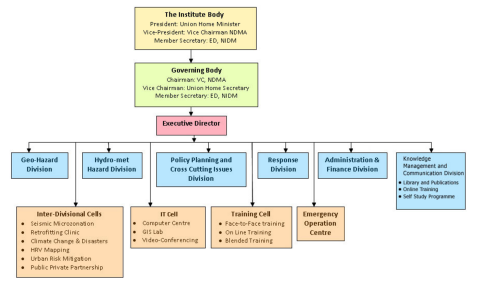Mutual Aid/Best Practices vs Local Practices
_jzhaoThis image reminds me of how mutual aid and communities keep each other fed, and safe, and how local practices are actually best practices. My own research, although not immediatley related to the specific public health concern of COVID, will focus on Indigenous food soverignty, particularly the right and autonomy to ferment and distribute alcohol (紅糯米酒) within the Amis community, and their current fight with the local health department on declaring whether or not their alcohol is "safe" for public consumption and distribution.


Website with an excellent (and brief) explanation of fair use to copyrighted materials, along with a useful fair-use checklist that can be used to assist in fair-use analysis.